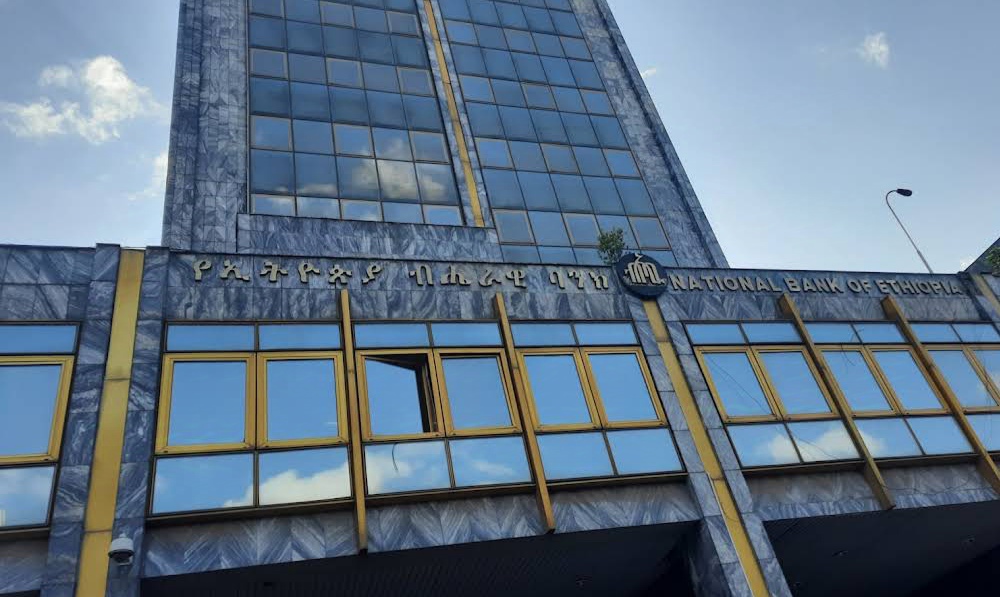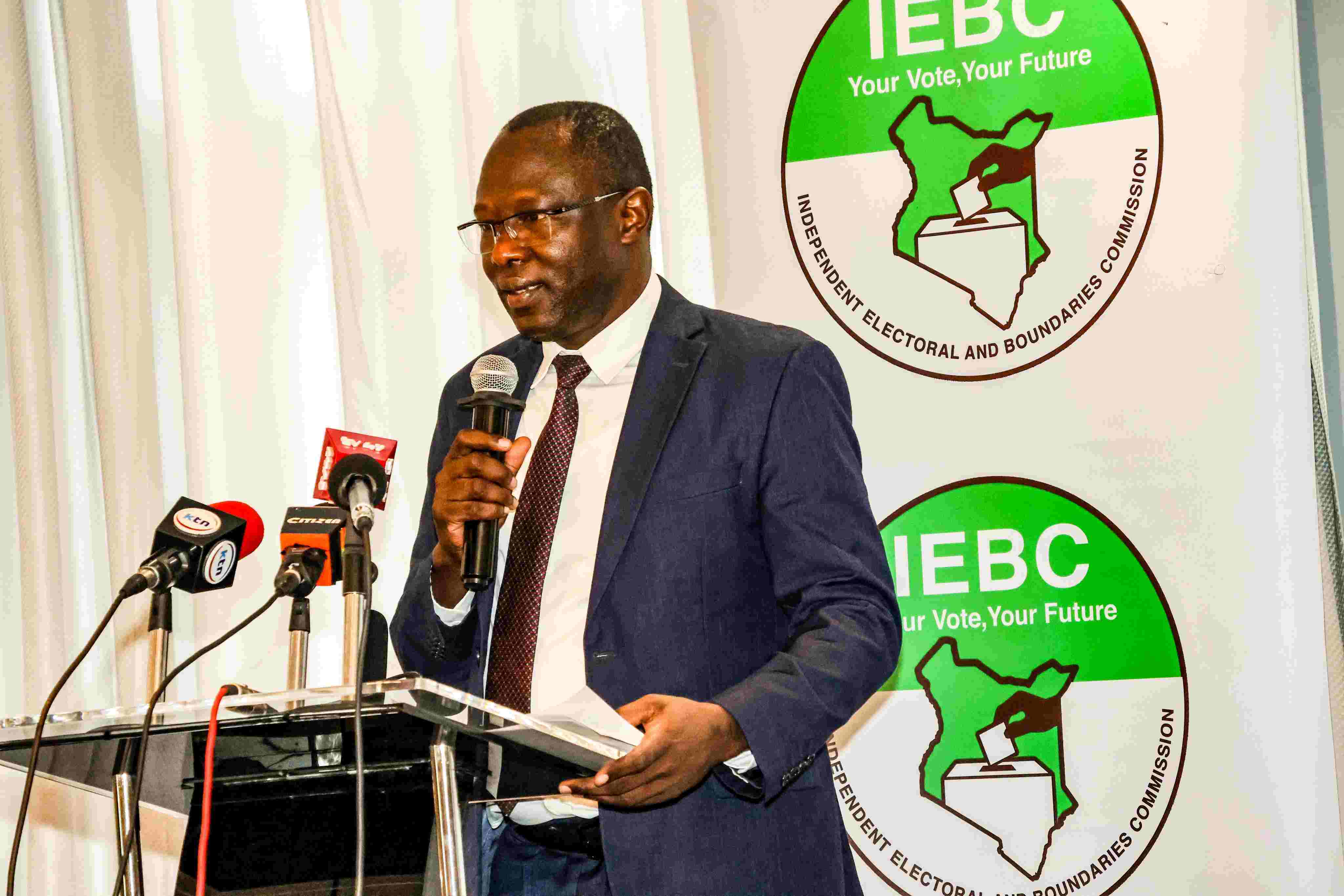Ethiopia’s Central Bank caps forex transaction fees to 4 per cent starting May 26

Additionally, NBE expressed optimism that the new regulations would enable "an active, competitive, and steadily growing foreign exchange market that satisfactorily meets the needs of Ethiopia's banking consumers and private sector".
Ethiopia's Central Bank has ordered all commercial banks to cap foreign exchange (transaction fees at a maximum of 4 per cent, effective May 26, as part of ongoing efforts to modernise the country's forex market.
The latest guidelines also bar banks from adding any extra charges and require them to consistently publish their forex-related fees for public access on the National Bank of Ethiopia's (NBE) website beginning in June.
More To Read
- Ethiopia blasts Egypt for escalating hostile rhetoric and rejecting dialogue over Nile waters, GERD
- Faith under fire: How social media fuels rising attacks on religions, followers in Ethiopia
- Daua Dam, irrigation masterplan gain momentum after high-level talks in Nairobi
- Kenya steps up border checks as Ethiopia confirms outbreak of Marburg Virus Disease
- Technology of freedom, risk of violence: Digital divide facing women in post-war Tigray
- Cultural victory as Ethiopia recovers 12 artefacts taken to Germany in the 1920s
"To bring Ethiopia's foreign exchange-related fees closer in line with global norms, NBE is also advising banks to ensure competitive, transparent and simplified pricing for their FX services. Accordingly, effective May 26, 2025, all bank fees and charges related to the purchase of foreign exchange—for import of goods, service payments, or cash note purchases—shall not exceed 4 per cent," said NBE on May 20.
"Moreover, to ensure that FX fees are kept transparent and simplified for consumers, NBE is instructing banks to avoid the addition of various supplementary charges for minor, associated services."
Further, NBE increased the limit on the amount importers can pay in advance per transaction from $5000 (approximately Sh645,116 ) to $50,000 (around Sh6.4 million), in a bid to ease previous limitations on direct foreign currency payments to international suppliers.
NBE has increased the foreign currency limit for travellers, permitting individuals to access up to $10,000 (approx. Sh1.3 million) and business travellers up to $15,000 (around Sh1.9 million), either in cash or by debit card.
"Moreover, individuals with foreign exchange accounts can also utilise up to 20 per cent [previously 10 per cent] of their FX balance via a debit card," the regulatory body said.
Additionally, NBE expressed optimism that the new regulations would enable "an active, competitive, and steadily growing foreign exchange market that satisfactorily meets the needs of Ethiopia's banking consumers and private sector".
Since adopting a flexible exchange rate system in late July 2024, NBE has been closely monitoring the forex market's progress.
In October 2024, NBE instructed commercial banks to clearly inform customers of all foreign currency transaction fees and commissions, requiring these charges to be listed and transparently reported.
Top Stories Today












































